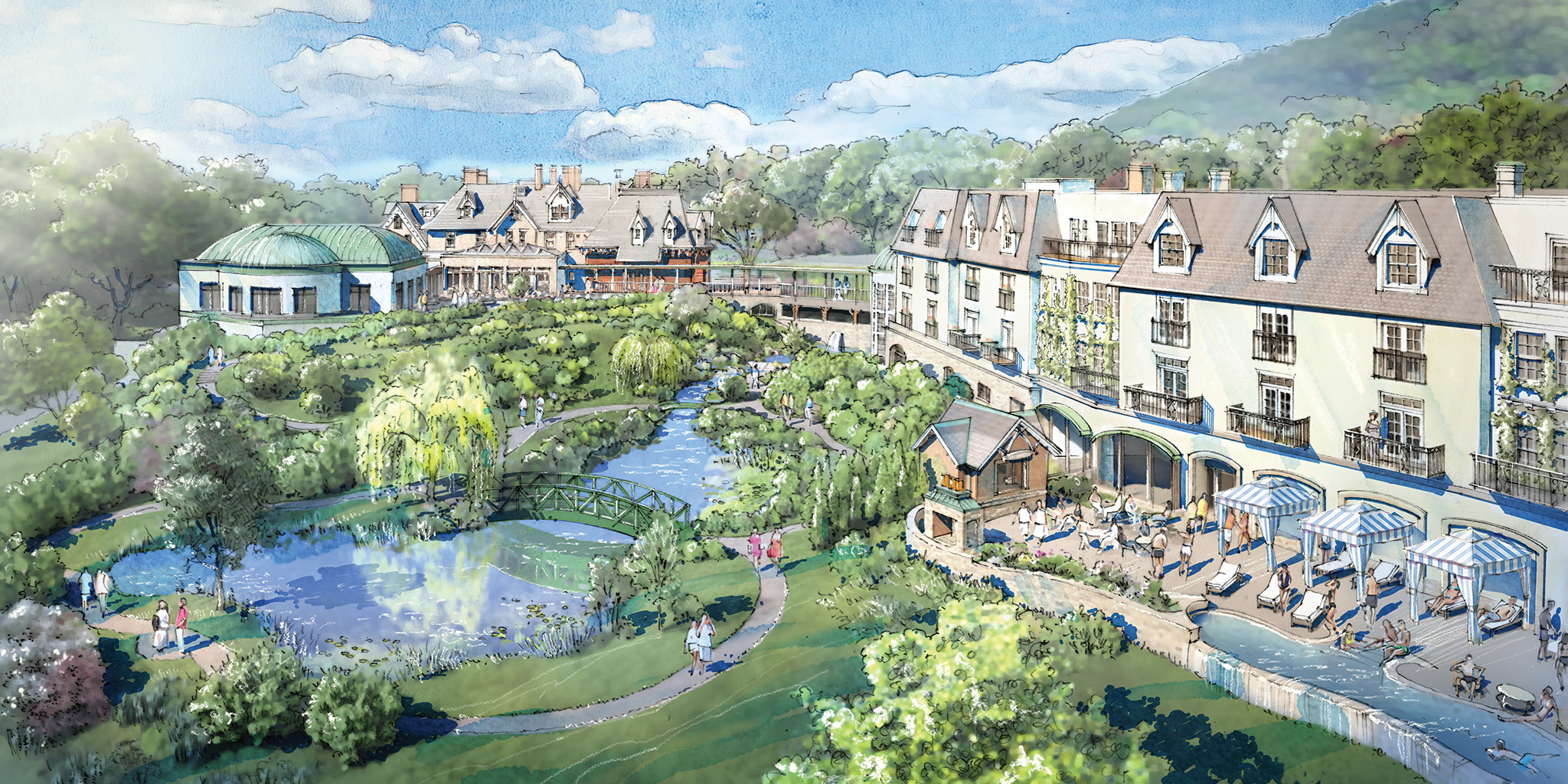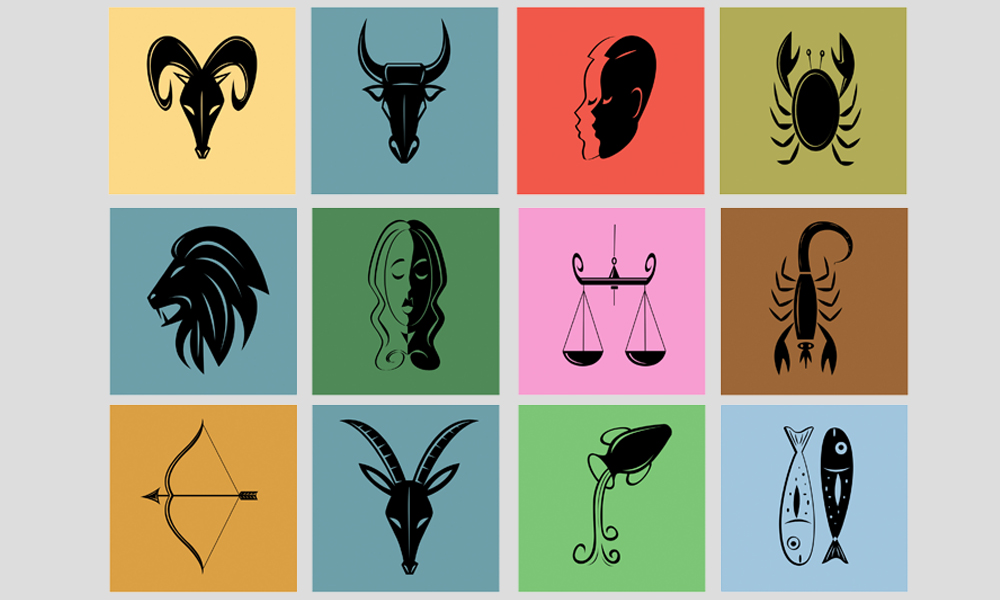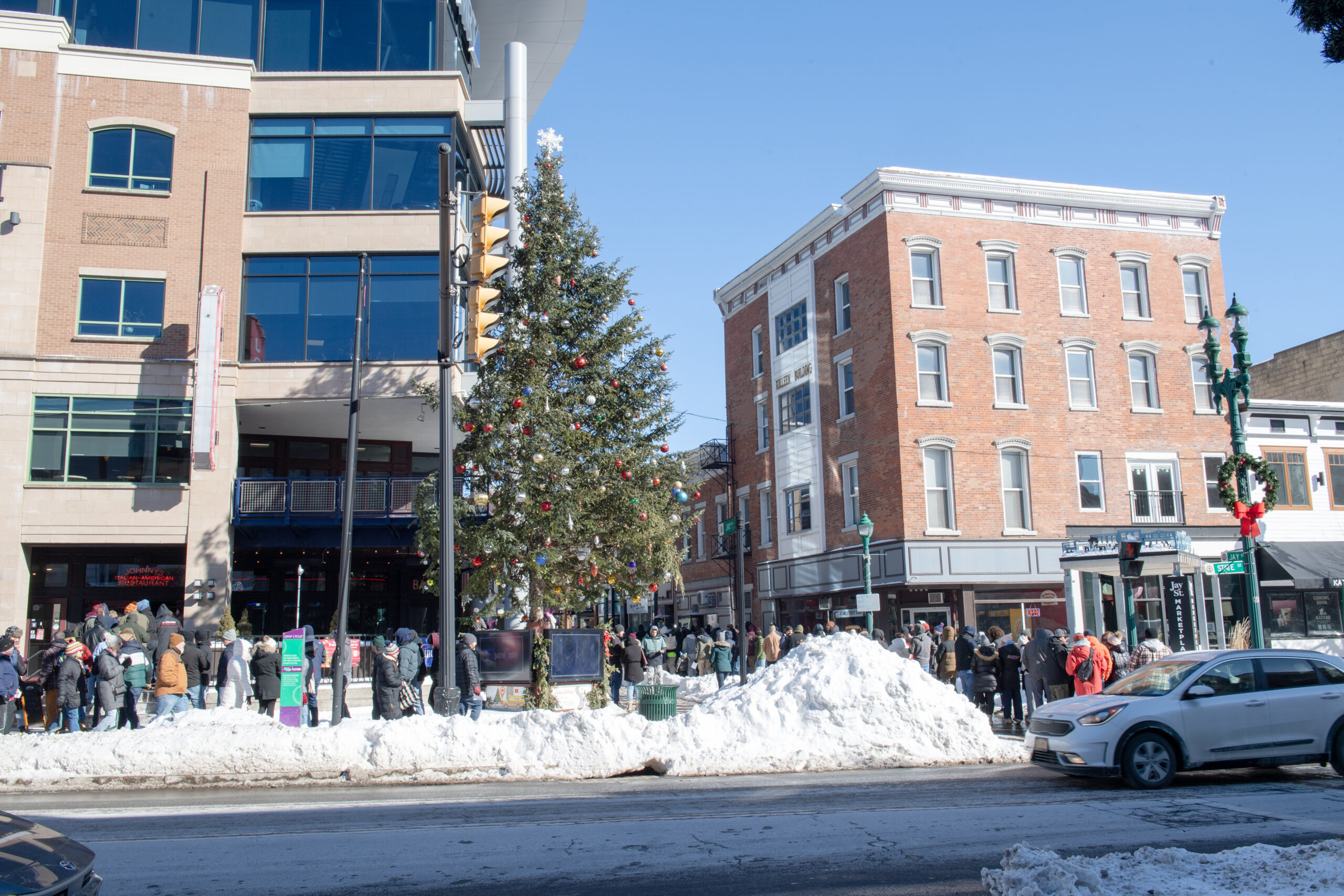Travel to Great Britain should be much more than a sightseeing trip to London. While the Tower of London, Harrods, Westminster Abbey, and Buckingham Palace are all beautiful to experience, going out to the Cotswold cannot be missed. I would add that away from the summer tourist months and before the holiday season is prime.
On this, my second journey to the Cotswold (we in the Capital Region would term it a region), it was an extraordinary treat to stay at Lygon Arms (lygonarmshotel.co.uk), in the town of Broadway. The hotel has been graced and indeed stamped by many of the world’s most famous faces, including Great Britain’s royals. History surrounds you at this stunning property. You can have dinner in the Lygon Bar and Grill, where you will be sitting under the suite where Oliver Cromwell lodged, plotted, and planned in the nights before the Battle of Worcester in 1651. Later that night, you may find yourself sleeping in the former quarters of a famous general or member of the royal family. The Lygon Arms has roots reaching right into the 1300s, which is astounding to a citizen from young America. It also served as a Tudor coaching inn within the village of Broadway, which was a critical connection between Wales, Worcester, and London in Elizabethan times.
The main building today is a labyrinth of cozy corners and fireplaces and has the look of an iconic English country manor home, with its lovely English garden just outside the doors of the adjacent suite building. The suites are apart from the core lodge yet somehow maintain the same warm and snuggly appeal. They are incredibly comfortable as well as modern in their amenities. The Lygon Arms spa houses a marvelous mother of pearl tiled, infinity hot tub, and a huge lap pool. From the pool is a beautiful wrought iron scrolled spiral staircase to the service area where the treatment of your choice is performed in absolute quiet and tranquility.
During my late fall visit, preparations were already underway for their Christmas and New Year celebrations. Fireplaces were decorated and invitations prepared for all the festivities, including special dinners and specially prepared holiday teas.
Cotswold is every bit the way it sounds – quaint. But make no mistake, this is a large swath of England covering nearly 800 miles. Cotswold is rural south central England covering parts of six counties, notably Gloucestershire and Oxfordshire. Less than two short hours by train from London, your journey after flying in travels through the bucolic English countryside. Stratford‐upon‐Avon may be the most visited village of the Cotswold with the unique and challenging‐to‐maintain thatched roofs. Of course, the active link to William Shakespeare makes this small community very crowded with vacationers as well. Each thatched roof holds a rather flamboyant mark of the thatcher with a thatched animal somewhere on top. I spotted hens, chickens, rabbits and birds that were replicated throughout the towns by each particular thatcher.
This pristine section of England offers something for everyone, including a 102‐mile Cotswold Way walking trail from the Cotswold Edge, Bath in the south to Chipping Campden in the north. Like our own Saratoga Springs, horse racing is king in Cotswold. Cheltenham Racecourse, one of the many courses in the region, is world famous for its horse racing at Prestbury Park. Their hurdles (steeplechasing) event held at the Gold Cup National Hunt Festival takes place in March. Steeplechasing has been around since 1755 and is extremely popular within the Wolds.
The name Cotswold is under a bit of a local dispute. If you ask the residents, they will each have a similar yet different answer. Cots most often is told to mean “sheep enclosure in rolling hillsides.” Wold is hills. The size of each town is generally described by the number of pubs it has. “Upper Slaughter doesn’t even have a pub while Lower Slaughter has several,” Michael, our driver, and guide for the day explained. Each town, apart from the abundance or absence of pubs, has its unique flavor.
Babbling brooks, small bridges linking streets, duck ponds, water wheels, horses sauntering by with casual riders, small shops and countless sheep dot the landscape of Cotswold, and it is frankly revitalizing for the spirit. Londoners visiting the Wolds for weekends shared with me that they quench their souls by visiting every few months. Packing only boots, sweaters and reading material, they come here to escape the hustle of their daily life in a big city. These families come to drink wine and eat marvelous Cotswold cheese selections, and Londoners can walk in nature to their heart’s content, often with their dogs. Every town, pub and lodge, including Lygon Arms, embraces dogs with very open arms. My personal favorite, although I loved them all, was a puppy named Puppet. Puppet is a Jackapoo, and he faithfully walked his London family to our favorite pub each evening. Full of puppy exuberance as well as an apparent love of neighborhood pubs, Puppet entertained everyone.
Simple charms equal an uncomplicated and enjoyable life, and the Cotswold exemplifies this better than all others. To be captivated, even for a short vacation, will transform your thoughts on living and living well. It could even change your life a bit. Now that is a vacation!
The owners have changed, names have altered, but visitors have always flocked to The Lygon Arms, a charming hotel enshrouded in history. The hotel’s name has changed throughout history, and the first written record refers to it as The White Hart, in 1377. The hart, a mature stag, was a personal symbol of King Richard II (1367 – 1400).
The hotel’s name would change several times, reflecting the political changes of each era, showing how much history would shape the enchanting hotel. The coaching inn would come into its own when it would serve as a touchstone for both sides of the English Civil War in 1649. The English Civil War pit Queen Elizabeth’s cousin Charles I against the forces of the English Parliament, and some of that played out within the very walls of The Lygon Arms itself. The suite now known as the impressive King Charles I Suite was where King Charles I and his supporters would assemble. The King’s coat of arms stands regally over one of its fireplaces today. Visitors will also notice that the face of the royal lion is missing, presumably hacked off by Parliamentarians.
The other side of the English Civil War, the Parliamentary army, also stayed at The Lygon Arms, still known at that point as the White Hart Inn, in 1651. The bedroom now known as The Cromwell Room was where Oliver Cromwell slept the night before the Battle of Worcester. This battle would finally destroy the royalist cause. A copy of his “warts and al”’ portrait hangs next to a huge seventeenth-century fireplace in The Cromwell Room today.
The Cotswold coaching inn would continue to act as a staging post for mail coaches
between London and Wales throughout the eighteenth century, offering a change of horses and even providing coach-and-four for guests who needed onward transport. It remained an important stop-off on the trading routes.
By the 1900s, the hotel was owned by Sydney Bolton Russell whose son began to restore antique furniture for the hotel in a loft over the Lygon’s coach house. Gordon Russell would become one of England’s leading designers of the 1930’s, King Edward VII motored to the hotel in 1905 and in 1913, as did his grandson, the playboy prince and future King Edward VIII. The hotel became synonymous with the English middle classes who followed suit, and in the interwar years and beyond The Lygon Arms remained a popular choice for celebrities.
Big names were drawn to the hotel for its historic prestige and The Lygon Arms boasts one of the most glamorous guest books in the world. Richard Burton and Elizabeth Taylor stayed here in 1963 at the height of the scandal surrounding their affair. Other film star couples followed suit including Mary Pickford and Charles “Buddy Rogers”, Michael Redgrave and Rachel Kempson, Moira Shearer who at the time was much better known than her husband Ludovic Kennedy, to name just a few of the famous names who have passed through the doors. Today the hotel’s guest book is still in use and counts not just actors and movie stars, but politicians, prime ministers, and even Prince Phillip on its pages.







